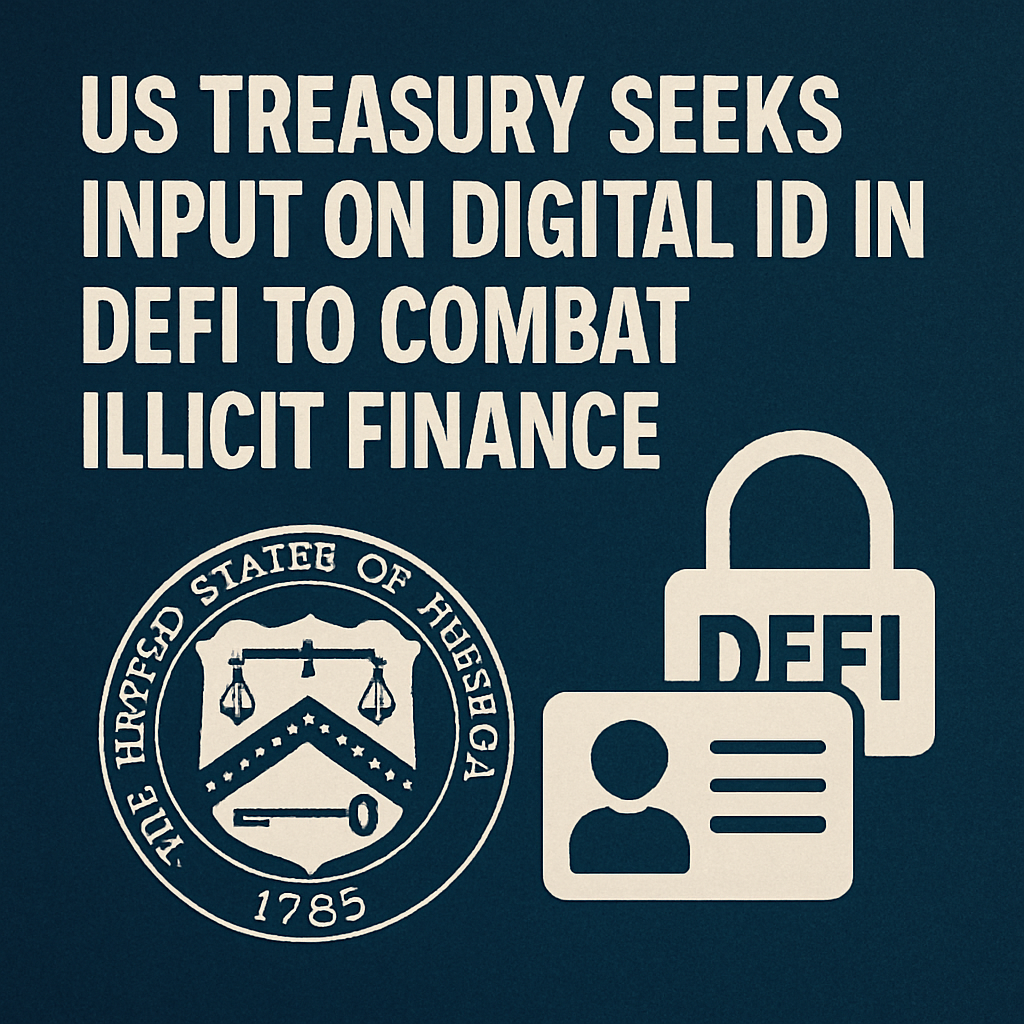The U.S. Department of the Treasury has launched a request for public comment exploring the integration of digital identity verification tools into decentralized finance (DeFi) smart contracts. Stemming from the Guiding and Establishing National Innovation for U.S. Stablecoins Act, the consultation seeks feedback on the potential for embedding Know Your Customer (KYC) and Anti-Money Laundering (AML) safeguards directly within protocol code.
Under one proposed model, a smart contract could automatically validate a user’s identity credential before executing a transaction, introducing pre-execution compliance checks. This approach aims to streamline processes by leveraging application programming interfaces and distributed ledger monitoring systems, thereby reducing manual review costs while maintaining user privacy through cryptographic methods and zero-knowledge proofs.
Such embedded identity solutions could involve government-issued IDs, biometric authentication or portable digital credentials. Treasury officials posit that standardized digital identity frameworks may lower barriers for financial institutions and DeFi platforms to identify and block suspicious or illicit transactions at the protocol level, rather than relying solely on post-factum enforcement.
Participants in the consultation are invited to comment on technical feasibility, data privacy concerns, potential impacts on innovation and the balance between decentralized sovereignty and regulatory oversight. Treasury emphasizes the need for privacy-preserving designs, including short-term data retention, permissioned audit trails and transparent privacy policies to protect user data from misuse.
While digital identity integration may strengthen transaction monitoring, critics warn of risks related to centralization, data security and regulatory overreach. Effective implementation will require collaboration between analytics firms, blockchain developers, government agencies and civil society stakeholders to develop interoperable identity standards and ensure open-source governance.
Treasury’s consultation follows significant growth in the stablecoin market and concerns over the use of digital assets in criminal financing. Embedding compliance tools at the smart contract level could enable real-time interdiction of illicit flows, potentially reducing exposure for financial institutions and enhancing global coordination on AML efforts.
The public comment period closes on October 17, 2025. Following analysis of feedback, Treasury plans to submit a report to Congress and may propose guidance or rulemaking to formalize digital identity requirements for stablecoin issuers and DeFi services. Stakeholders are encouraged to provide detailed technical and policy recommendations to inform the next steps in federal crypto regulation.

Comments (0)